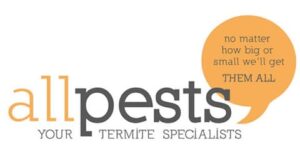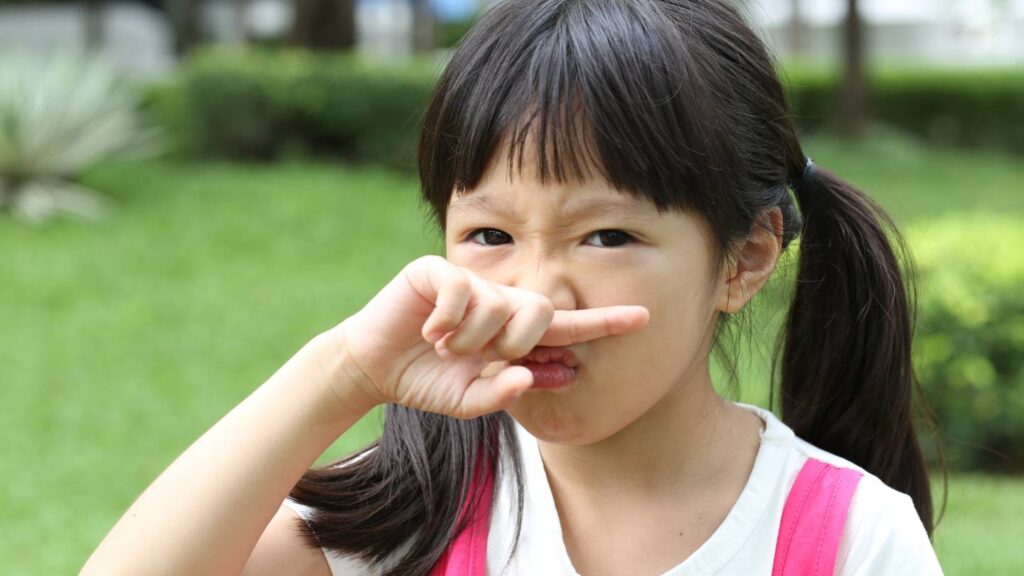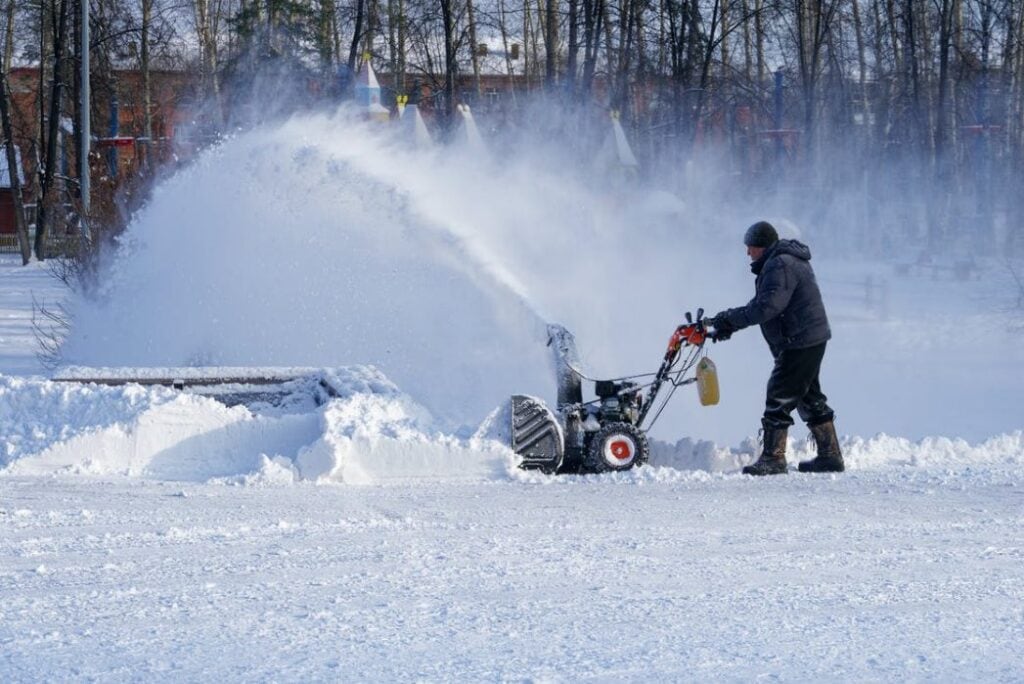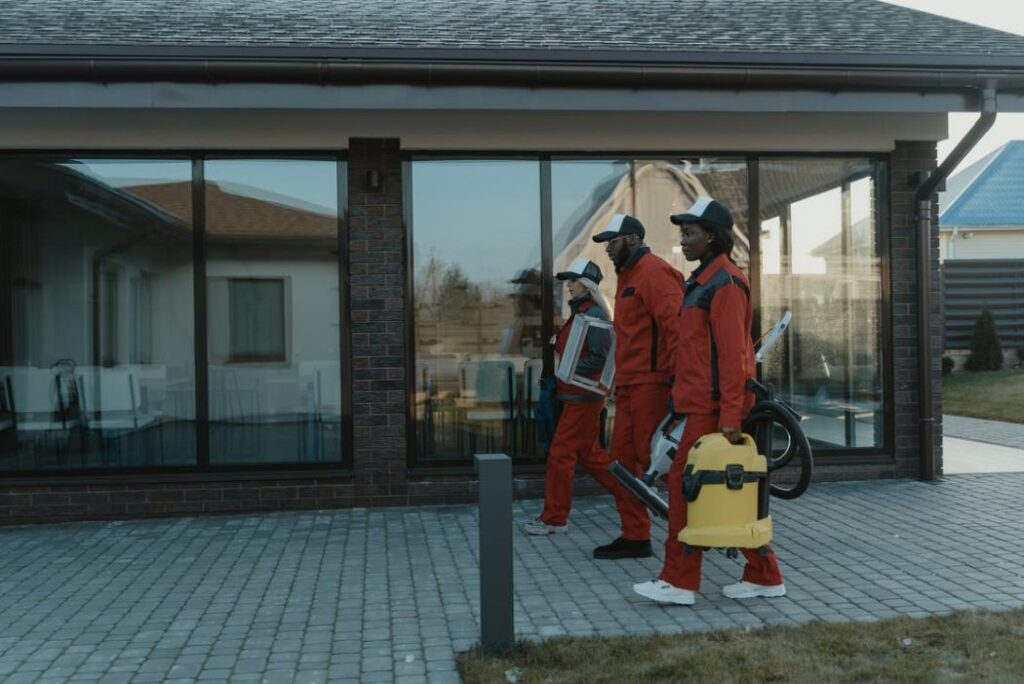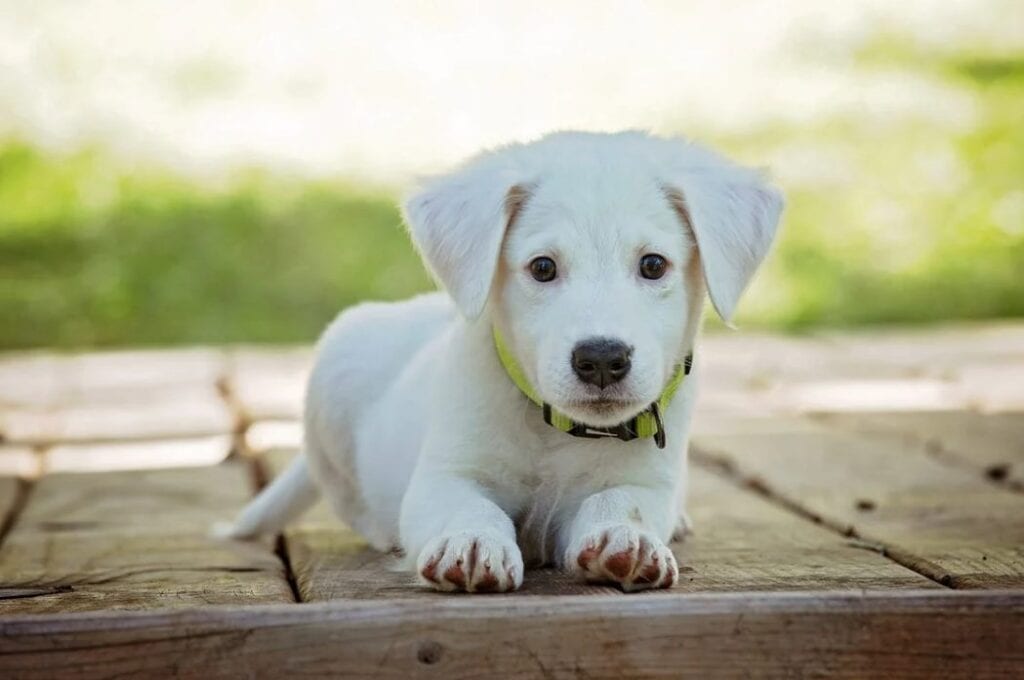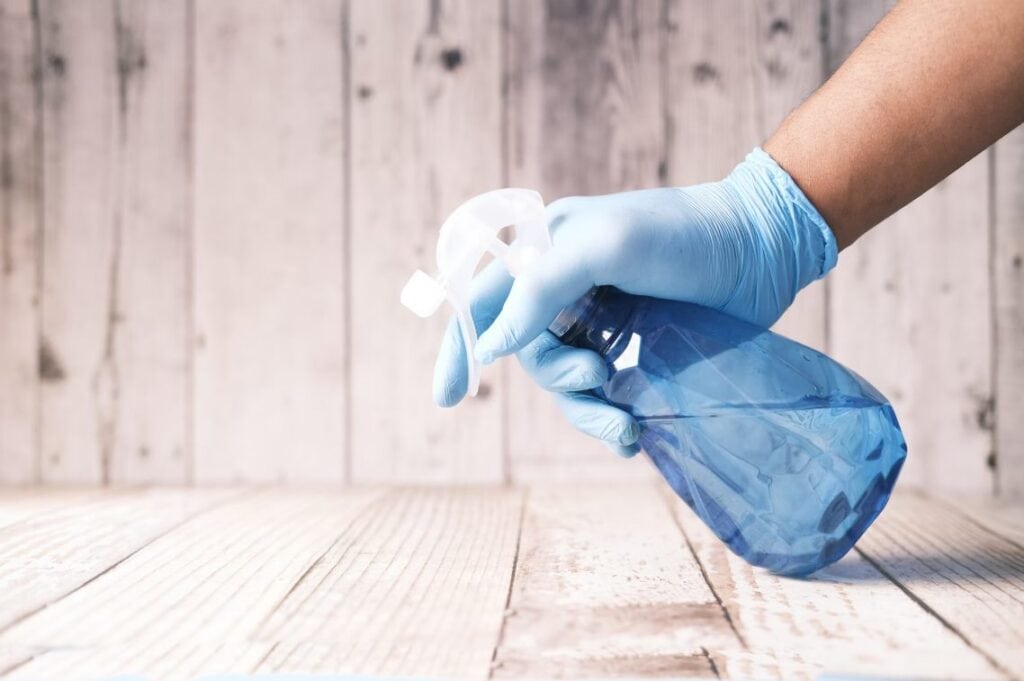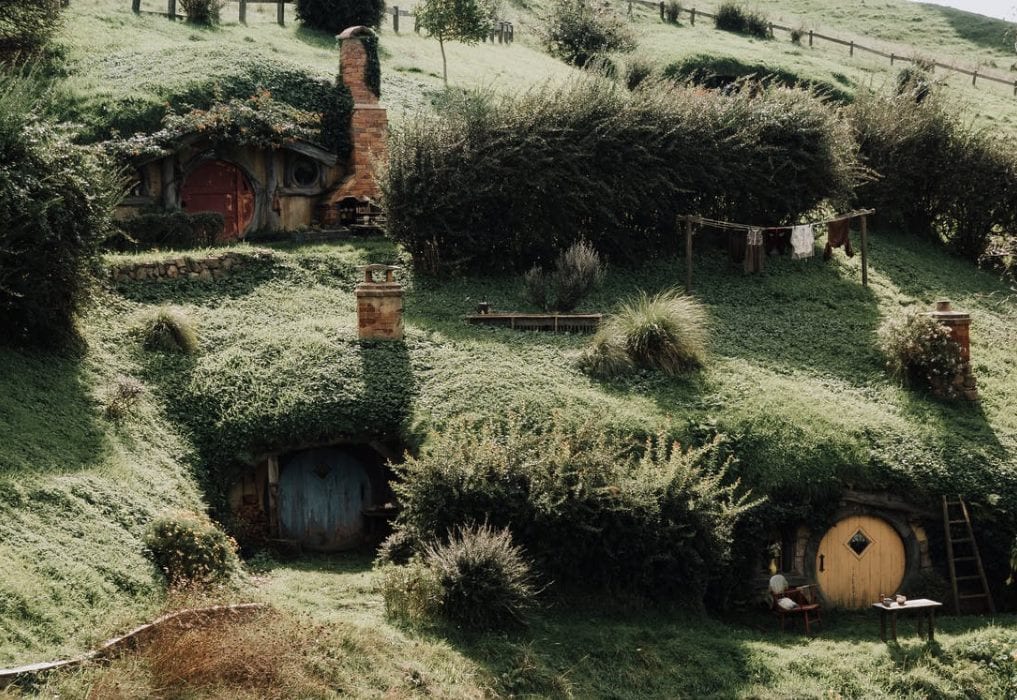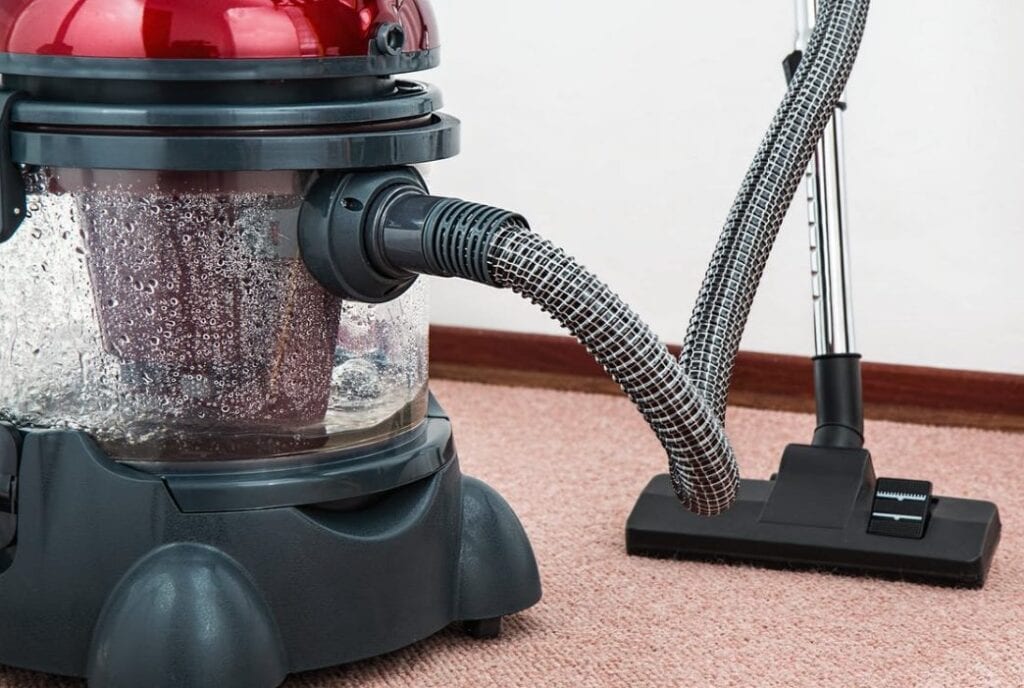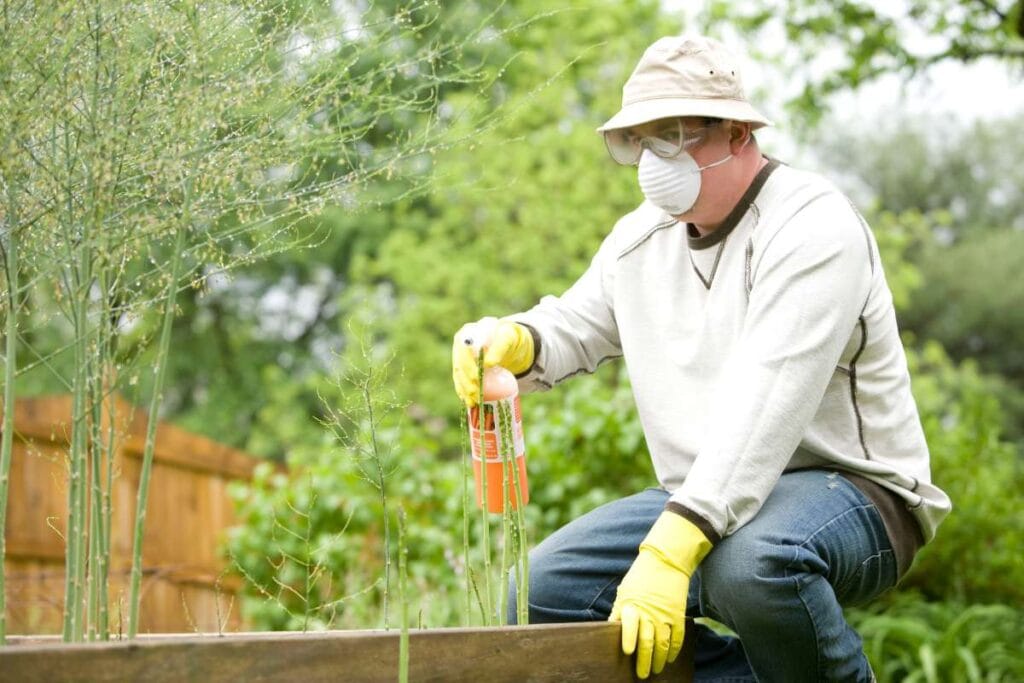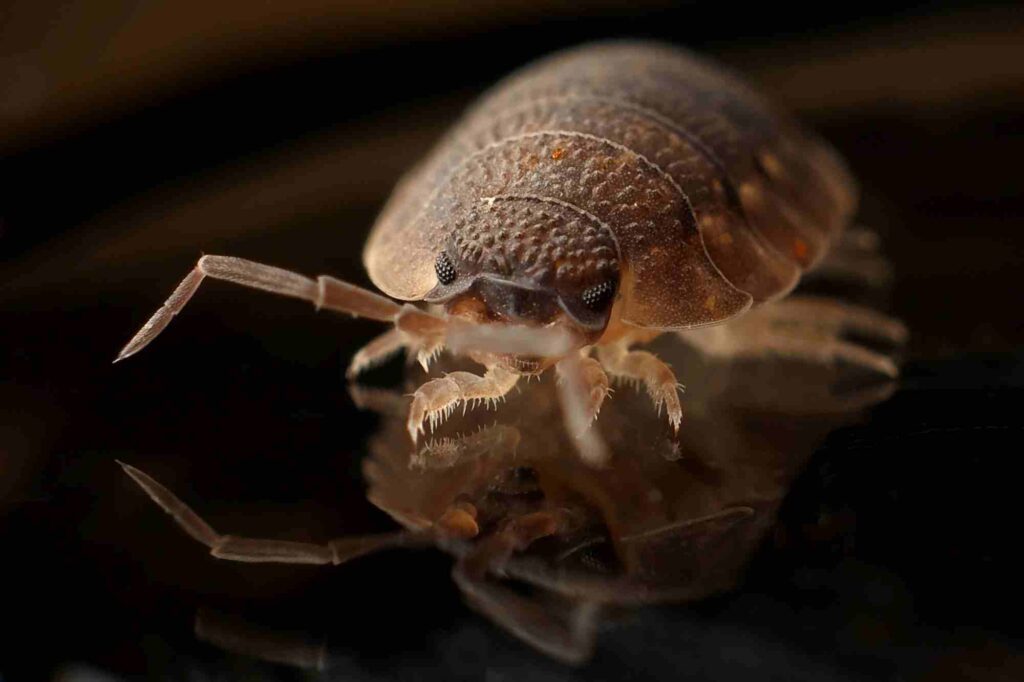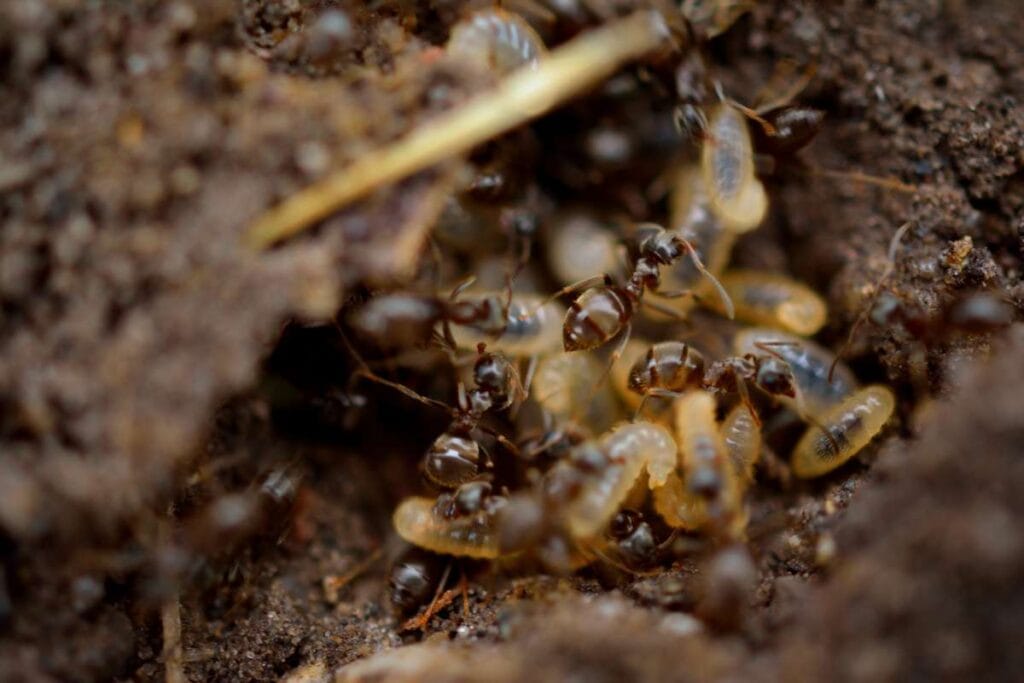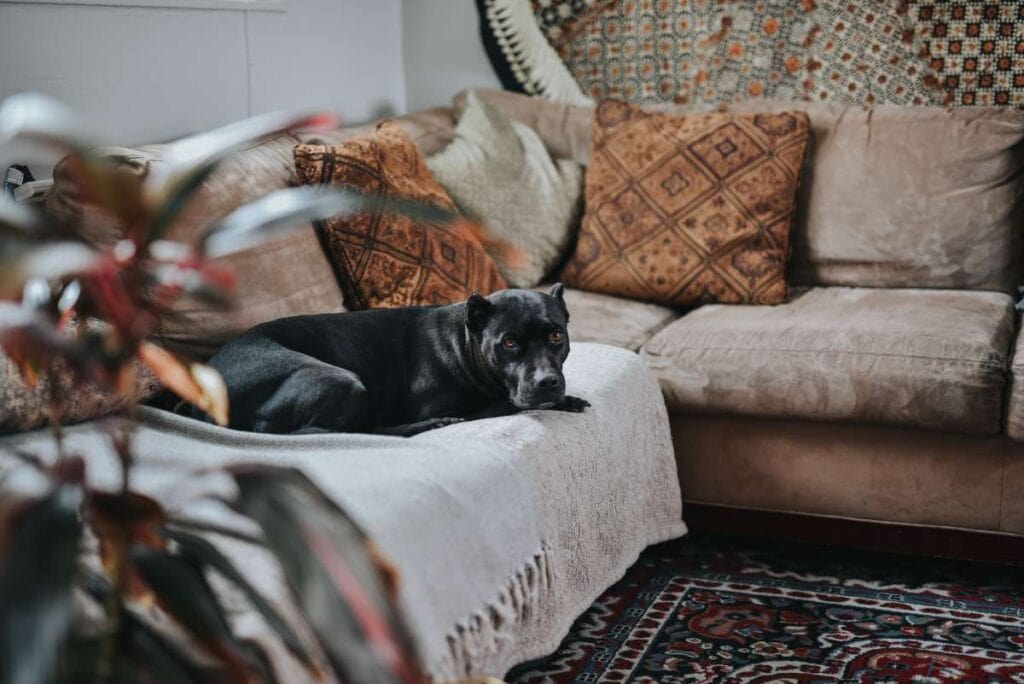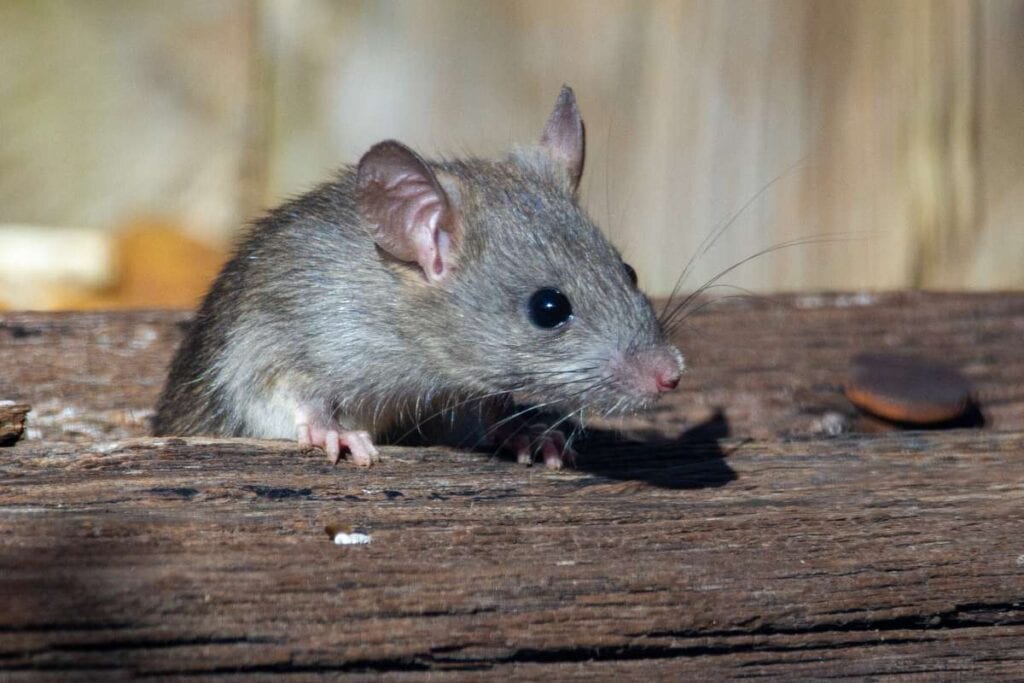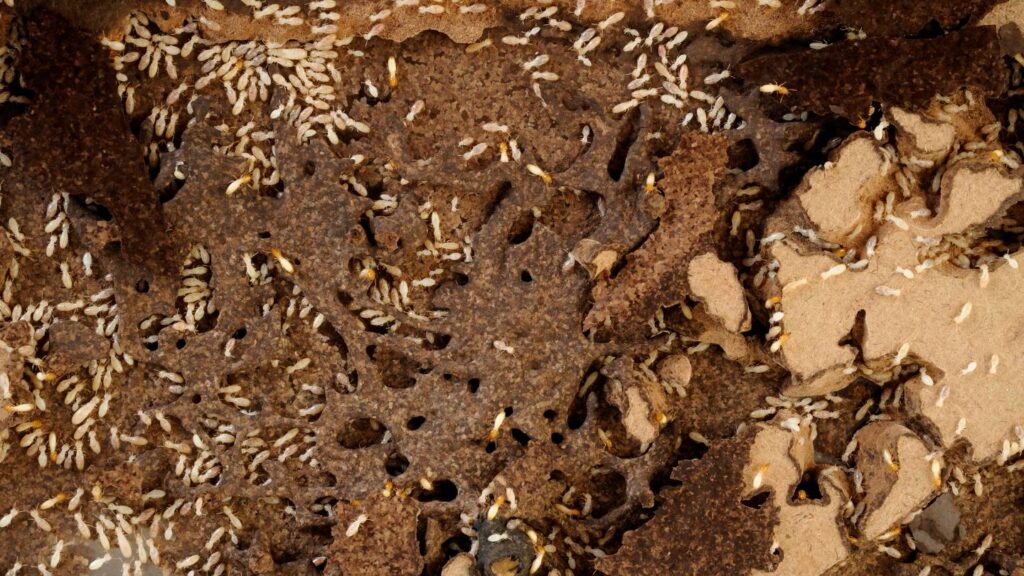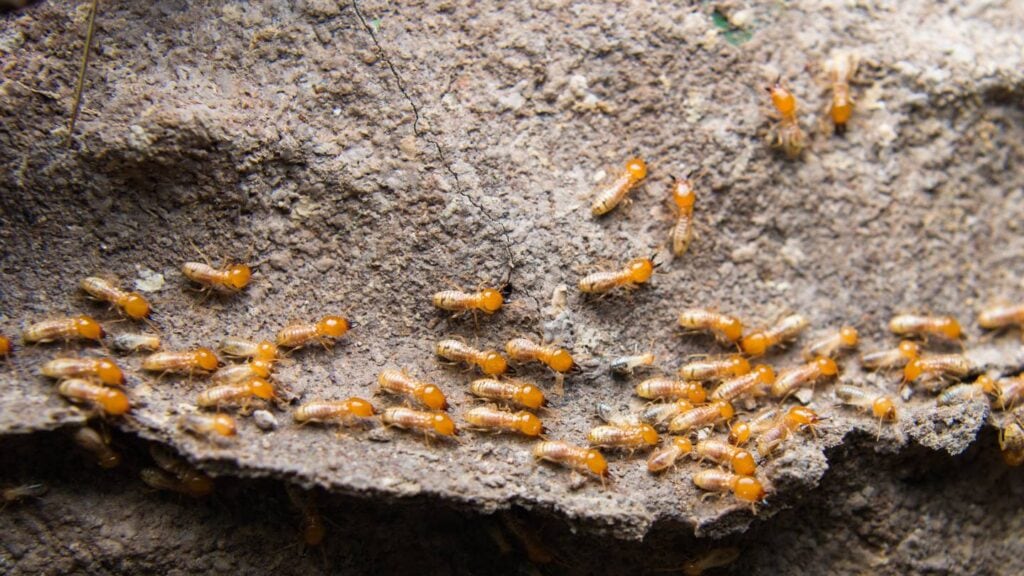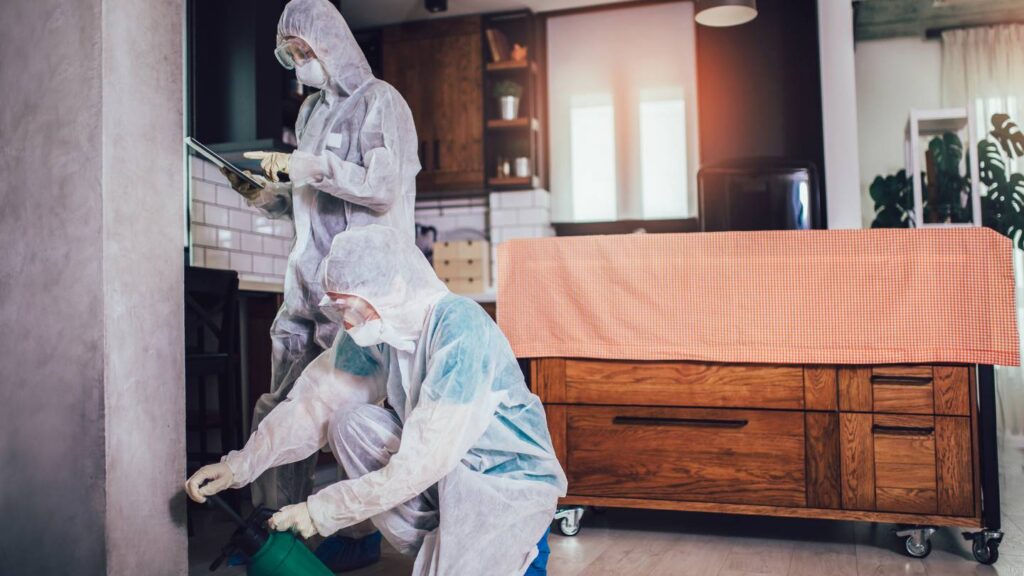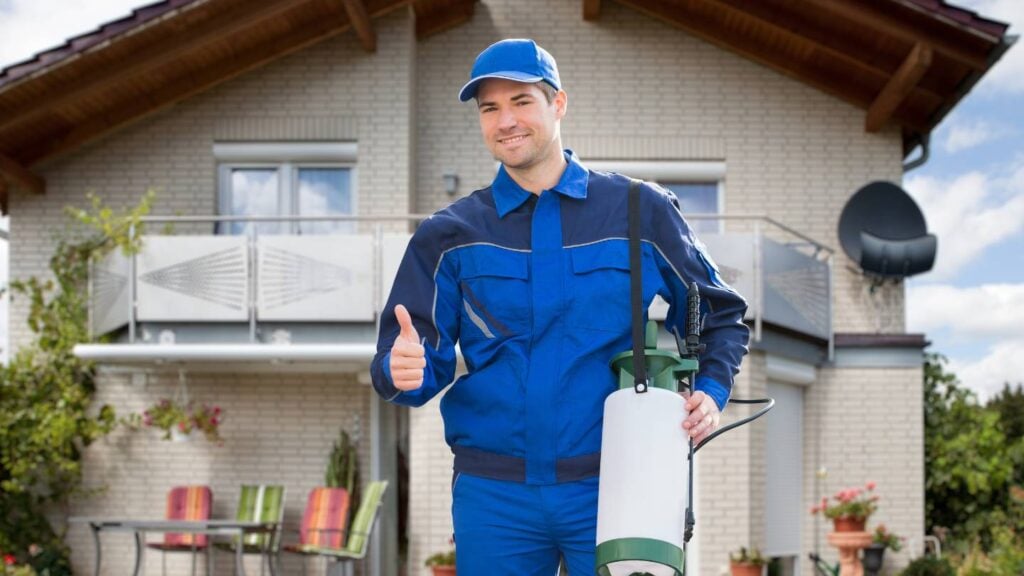A dead animal carcass may be stuck inside your home if you notice a persistent smell that won't go away, even after bleaching, or if you see an unusual mark on the wall. If this happens, you need to get in touch with a reliable animal control agency right away so they can remove the dead animal.
Why Is It Important To Remove A Dead Animal?
As you can see, there are serious risks to your health and the health of your domestic animals if you wait too long to remove a diseased, dead animal.
Consider the likelihood of more infestations even if you are not concerned that anyone may become sick from contact with germs. Because of its smell, the aroma of a single dead animal might attract several.
Remember that a raccoon or fox may find the smell of a dead rodent and decide to make your yard its new fast lunch stop, making an already serious problem much worse.
There will be fewer insect problems if deceased animals are removed quickly. The microorganisms also pose less of a disease threat.

What Kind Of Health Concerns Or Dangers May A Dead Animal Pose In One's Home?
The presence of numerous harmful or even lethal diseases in animal and human remains is an undeniable fact. It is crucial to get in touch with a dead animal disposal service provider without delay because these are typically contagious diseases that can be contracted by direct contact with a carcass.
The disease tularaemia is one example of how people might quickly get infected by handling diseased animal carcasses. Tularaemia is caused by the bacteria Francisella tularensis and can infect people in certain situations:
- If ticks or deer flies bite them,
- If they come into contact with an infected dead animal, breathe in or swallow contaminated dust or fluids,
Mild to severe symptoms of tularaemia may manifest as:
- Inflamed lymph nodes
- Has a hacking cough and chest discomfort
- Ulcers
- Breathing difficulties
Humans can catch Leptospirosis and other infections by handling infected animal carcasses. A rare disease, leptospirosis (or Weil's disease) can strike at any time. It causes symptoms like: once a person contracts:
- Extreme heat Physical discomfort
- Sickness with Discomfort
Antibiotics have the potential to cure this illness. However, Leptospirosis can lead to liver damage, kidney failure, or death if the right therapy is not administered promptly.
Bad Smell And Sights
The tissues will decompose due to the abundance of germs on a deceased animal's carcass. Because of this, natural gases are released, which might lead to a significant issue with odour. The smell may be less strong or subtle if the deceased animal is outdoors, such as on a balcony, grass, or garden.
Because of the unpleasant looks and strong odour, you will likely be able to detect the presence of a dead animal carcass inside your home. When someone contacts us for our service, they usually mention the unpleasant odour.
What Is The Right Way To Dispose Of A Deceased Animal On My Property While I Am Cleaning Up After A Flood?
The deceased animal's owner is responsible for correctly disposing of the carcass. The property owner is liable for the disposal of the carcass if its owner cannot be located.
- Ideally, you should remove the carcass no later than 72 hours after finding it.
- Please get rid of the carcasses before they become an eyesore or pollute the water supply.
- If not forbidden by federal, state, or local law or regulation, use a method authorised by the local health officer, such as burial, incineration, landfilling, rendering, composting, or another allowed process. Contact the local health department to find out an acceptable way to dispose of animals in your region.
- It may not be feasible to bury the corpse far enough away from groundwater in flood-prone regions; thus, burial there is not recommended. Furthermore, rules dictate that a specific plot of ground cannot be used to interment more than a certain number of animals. It is forbidden to bury corpses in mass.
Landfilling
You can put small animals in the usual outdoor garbage can and have them taken to the dump. When collecting deceased animals, always be sure to wear protective gear.
- Stay away from any lifeless animal.
- While removing the carcass, wear gloves and, if feasible, use a shovel.
- Gather the debris with your gloved hand, place the bag over it, turn it over, and close it, or
- After you've used a shovel to transfer the remnants to a plastic bag, wash the shovel well to remove any remaining debris.
- After bagging the animal, put it in a locked outdoor trash can out of reach of pets and children.
- Never put your eyes, mouth, or nose in contact with polluted water or secretions from a deceased animal.
- After handling the carcass or other debris during flood clean-up, wash your hands completely with soap and warm water. In flood-stricken regions, be sure your garbage will be collected on time before putting dead animals in your container. Find solid waste drop-off locations by contacting your local health department if trash pickup is postponed.
Find out if your local health agency or solid waste utility will take large animal carcasses by calling them. This includes cattle, horses, sheep, goats, and swine. There may be specific arrangements to collect carcasses from the local health department.
Burial
If you've decided to bury the body, there are a few things you need to keep in mind:
- Ensure there are at least three feet of dirt around the entire thing.
- Pick a spot at least 100 feet away from surface waters (such as a well, spring, stream, or river).
- Avoid low-lying areas that flood occasionally or are in a 100-year flood plain.
- Make sure it won't contaminate the groundwater.
Before disposing of animal remains in a landfill, getting approval from the local health department is wise.
Do I Need To Be Cautious About Any Particular Health Hazards When I Dispose Of Dead Animals?
When handling animal carcasses with care, there is little danger to people.
- It is important to wash your hands thoroughly after handling farm animals to avoid contracting diseases like Salmonella and E. coli.
- Prevent rats from entering your home by securing food sources and removing dead animals.
Always use bug repellent when you're outside. Increased disease-carrying mosquitoes are one possible outcome of emergencies like natural disasters.
Follow these safety measures if you're cleaning up an area that has swine or poultry carcasses:
- Waterproof boots, gloves, and goggles are a must, and you should also cover any exposed wounds with protective clothes.
- Cover the tops with duct tape to stop water from seeping into your gloves and boots.
- Protect your lungs by donning a respirator, preferably an N-95 model.
- Exit the building and contact your county extension office if you detect the odour of hydrogen sulphide, similar to rotten eggs.
- Clean and disinfect your clothes and footwear thoroughly if you come into contact with anything that could be contaminated with carcasses.
- Sort your business attire from your casual wear.
- Never put your fingers in your mouth (nail biting) without washing your hands well.
- Handling carcass-contaminated goods should be followed by a thorough shower and washing of the hair.
Here Are Some Things You Shouldn't Do If You Discover A Dead Animal On Your Property
Failure To Utilise Appropriate Tools
You should wear protective clothes and the correct equipment to remove dead animals from your property without exposing yourself to any risks or disease-causing germs. Take, for example, the importance of wearing protective gear when dealing with huge animals like deer.
Goggles, Gloves, and other similar items should be readily available. Wearing rubber boots will protect your feet from potentially harmful substances in the ground, which is especially crucial while handling carcasses.
Putting Aside Worries About Safety
It would help if you took all the required safety measures to avoid harm or disease before you try to remove a dead animal from your property. Notifying the proper authorities when needed and donning the necessary protective gear are all part of this. The removal of animal carcasses without the proper documentation may be considered criminal in certain jurisdictions.
Failure To Fully Remove The Remnants
After you've done away with the deceased animal from your property, you should double-check that nothing else remains. Remove and dispose of the deceased animal's hair and feathers, and thoroughly clean any blood or bodily fluid-contaminated areas. Any smells connected to the deceased must also be removed.
The Improper Disposal Of The Remains
It is critical to dispose of a deceased animal properly after removing it from your premises. Depending on the animal species, burial or transportation to a waste management facility may be necessary. Keep all animal carcasses covered to prevent the spread of illness and unwanted pests.
Not Getting Rid Of The Smells That Are Linked With Deceased Animals
Getting rid of the smells caused by deceased animals is just as important as getting rid of the creatures themselves. To do this, strong deodorisers and cleaners must be used to disintegrate any molecules that the carcasses may have left behind and contribute to the foul odour. Sprinkle baking soda over the damaged areas to remove the lingering smell of decaying matter and restore a sense of homey freshness.
Failing To Consider The Animal's Size
Think about the animal's size before you try to remove it from your property; that way, you can equip yourself appropriately. You must own safety gear, including gloves, before handling a sizable animal, like a bear or deer. Another consideration is the size of the pest; traps or baited containers might be more efficient for smaller animals like rats or mice.
Not Getting Help From Experts When They Should Have
Attempting to remove deceased animals from your property without assistance can be risky or just not feasible in certain situations. It is wise to call a professional animal removal agency for help in such a situation. Without endangering themselves or your loved ones, they can remove the carcasses from your property promptly and effectively.
Failure To Take Measures To Avoid Further Infestations
When you've removed dead animals from your property, the next step is to prevent their return. You should check for droppings or other indicators of additional infestation, such as odours, and ensure that any possible access sites are sealed off. Another strategy to keep animals out of your house is to spray the outside with an animal repellent.

Neglecting To Pick Up Trash
It would help if you completely cleaned up any mess that may have been created during the removal of a deceased animal from your property. Cleaning and sanitising everything that may have come into contact with the animal carcass is part of this process, as is disposing of any tools or protective clothing used.
Putting Off Getting Medical Help When They Should
Last but not least, keep in mind that touching deceased animals can pose some health hazards. Get medical help immediately if touching the remains of a dead animal causes you to feel sick to your stomach, throw up, or run a fever.
Conclusion
Taking away a dead animal the wrong way can be very bad for your health and the health of your pets. It's important to call a reputable animal control agency right away because dead animals can bring in more bugs and diseases. Coming into direct touch with dead animals can spread diseases like tularaemia, leptospirosis, and bad smell. Infections like tularaemia can cause swelling, coughing, chest pain, ulcers, and trouble breathing.
The tissues of the body break down, creating natural gases that give off a bad smell. The owner of the dead animal should get rid of the body, but if they can't be found, local health officers can use accepted methods such as burial, burning, putting the body in a landfill, rendering, composting, or other acceptable methods. In areas that are prone to flooding, burying bodies is not a good idea because it is hard to keep the bodies away from groundwater.
You could also put the trash in a landfill, but make sure you wear safety gear, stay away from dead animals, and don't touch polluted water or fluids. It is also important to wash your hands with soap and warm water after touching the body.
In areas that have been flooded, trash should be picked up on time, and places to drop it off should be found. Animal bodies from big animals like cows, horses, sheep, goats, and pigs may be taken by local health departments or solid trash utilities.
It is very important to follow the right steps and be safe when getting rid of dead animals. This means making sure there are at least three feet of dirt around the body, picking a spot 100 feet away from surface waters, staying away from low-lying areas that flood, and making sure the groundwater is clean. Get permission from the local health service before putting animal bodies in a landfill.
To avoid getting diseases like Salmonella and E. coli, it is important to be careful when handling dead animals. Keep rats out of your home by removing dead animals and securing food sources. When you're outside, you should always use bug spray to keep mosquitoes that carry diseases away from you.
When cleaning up the bodies of pigs or chickens, you should wear safety gear, cover any open wounds with more gear, and tape up the tops. Wear a mask to protect your lungs, and call the county extension office if you smell hydrogen sulphide. Cleaning and germ-killing your clothes and shoes is important if you come into touch with dead animals.
When getting rid of dead animals, don't make these mistakes: not using the right tools, not fully removing the remains, throwing them away in the wrong way, not getting rid of the smells that come with dead animals, not taking the animal's size into account, not getting help from professionals when needed, not keeping the area free of bugs, not picking up trash, and not getting medical help when needed. By following these rules, you can make sure that the proper and safe removal of dead animals is done.
Content Summary
- A persistent smell in your home may indicate a dead animal carcass, necessitating immediate removal.
- Unusual marks on walls could be a sign of a hidden dead animal, prompting the need for professional animal control.
- Delaying the removal of a diseased, dead animal poses serious health risks to humans and domestic animals.
- The smell of a single dead animal can attract more, leading to increased infestations.
- Raccoons or foxes may be attracted to the scent, exacerbating the existing problem.
- Swift removal of deceased animals reduces insect problems and minimises disease threats from microorganisms.
- Contagious diseases can be contracted through direct contact with a dead animal, underscoring the urgency of removal.
- Tularaemia, caused by Francisella tularensis, can infect humans through bites, contact, or inhalation of contaminated materials.
- Symptoms of tularaemia range from inflamed lymph nodes to breathing difficulties.
- Leptospirosis, contracted from infected animal carcasses, can lead to liver damage, kidney failure, or death without prompt treatment.
- Decomposition releases natural gases, causing a significant odour issue indoors.
- A foul odour is a common indicator of a dead animal carcass, often reported by those seeking removal services.
- Timely disposal of deceased animals prevents them from becoming eyesores or polluting water supplies.
- Approved disposal methods include burial, incineration, landfilling, rendering, or composting, depending on local regulations.
- Flood-prone areas may restrict burial options due to groundwater proximity and mass burial prohibitions.
- Landfilling small animals involves placing them in an outdoor garbage can for collection and disposal.
- Protective gear, including gloves, should be worn when handling deceased animals to prevent disease transmission.
- Avoiding contact with polluted water or secretions from dead animals is crucial for preventing infection.
- Thorough handwashing after handling animal remains during flood cleanup is essential.
- Dead animals should be placed in a locked outdoor trash can to prevent access by pets and children.
- Large animal carcasses, like cattle or horses, may have specific disposal arrangements with local health departments.
- Burying animal bodies requires consideration of depth, proximity to water sources, and avoidance of flood-prone areas.
- Proper approval from the local health department is necessary before disposing of animal remains in a landfill.
- Handling farm animals requires thorough handwashing to avoid diseases like Salmonella and E. coli.
- Secure food sources to prevent rat entry and use bug repellent during outdoor activities to avoid disease-carrying mosquitoes.
- Safety measures for cleaning areas with swine or poultry carcasses include waterproof gear, respirators, and proper disposal.
- Duct tape can be used to seal protective clothing, preventing water seepage during cleanup.
- Contact the county extension office if the odour of hydrogen sulphide is detected during carcass cleanup.
- Clothes and footwear should be cleaned and disinfected after potential contact with carcasses or contaminated areas.
- Sorting business attire from casual wear prevents contamination from carcass-related substances.
- Showering and washing hair thoroughly are recommended after handling carcass-contaminated goods.
- Failure to use appropriate tools and protective clothing increases the risk of exposure to disease-causing germs.
- Neglecting safety measures during dead animal removal may be considered criminal in certain jurisdictions.
- Checking for remnants after removal is crucial to ensure a thorough cleanup.
- Improper disposal of remains can spread illness and attract unwanted pests.
- Eliminating smells left behind by carcasses is as important as removing the animals themselves.
- Using strong deodorisers and cleaners helps disintegrate molecules contributing to foul odours.
- Consider the size of the animal before removal to equip yourself appropriately, especially for larger animals.
- Professional animal removal agencies should be called for assistance in risky or challenging situations.
- Preventing the return of animals involves checking for droppings, sealing access sites, and using repellents.
- Cleaning up thoroughly after dead animal removal includes sanitising tools, clothing, and any contaminated areas.
- Failure to seek medical help for symptoms like nausea or fever after handling dead animals is a health risk.
- Protective gear such as goggles, gloves, and rubber boots is crucial when handling large animals like deer.
- Notification of proper authorities is essential before attempting removal to avoid legal issues.
- Disposing of hair, feathers, and cleaning blood or bodily fluid-contaminated areas is part of a complete cleanup.
- Burial or transportation to a waste management facility may be necessary depending on the animal species.
- Keeping animal carcasses covered during disposal prevents the spread of illness and pests.
- Sprinkling baking soda helps eliminate lingering smells of decaying matter after carcass removal.
- Thorough cleaning and disposal of tools and clothing used during removal are vital for complete cleanup.
- Prompt medical help is advised if contact with dead animal remains causes sickness or fever.
Frequently Asked Questions
While the risks might differ in intensity, smaller dead animals can still carry pathogens and bacteria that pose health hazards.
Yes, pathogens and bacteria left behind can continue to pose health risks if the area isn't properly cleaned and disinfected after removal.
Decomposing animals emit gases and particulate matter that can degrade indoor air quality, leading to respiratory discomfort and potential health issues.
Prolonged exposure or repeated incidents without proper protection can lead to chronic health conditions, especially for individuals with weakened immune systems.
Yes, professional services use proper safety protocols, protective gear, and disinfection methods to minimize health risks associated with dead animal removal.
